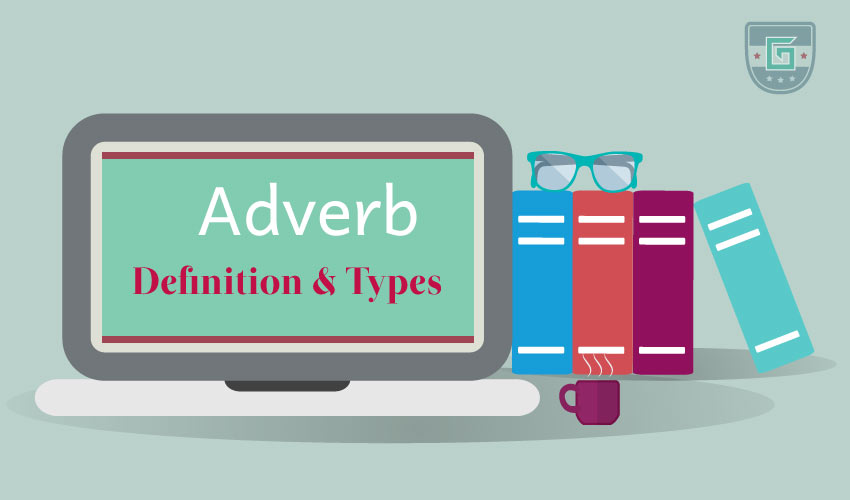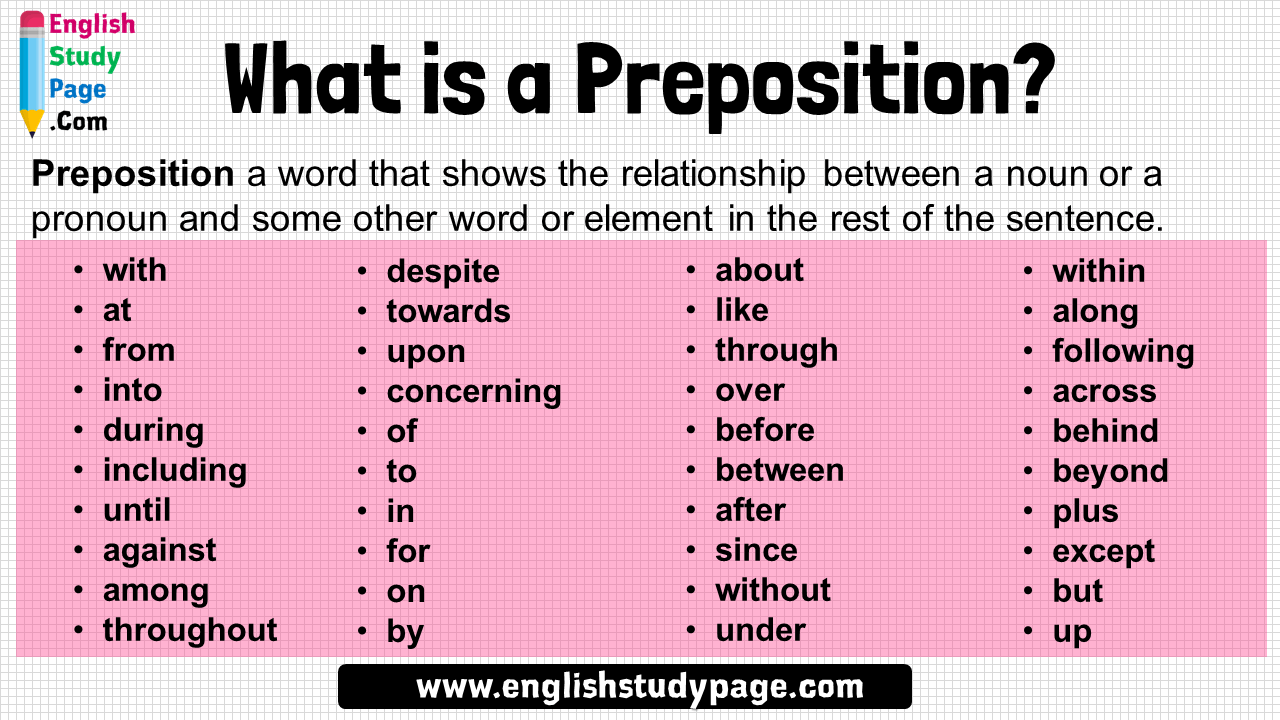Back to: ENGLISH LANGUAGE SS1
Welcome to class!
In today’s class, we will be talking about parts of speech, etc. Enjoy the class!
Reading Skills.
Word Meanings in Context Structure
Introduction to Phrasal Verbs
More on Parts of Speech- Adverb, Conjunction and Preposition.
Vocabulary Development: Words Associated with Libraries

Comprehension/reading skills
Religion
Religion Unit 3 page 54-55 of Effective English.
The passage talks about the relationship between man and the deity (god) in the account of Yoruba beliefs.
The second part of the passage gives an example of a part of the TIV ritual for giving a householder power over the forces that control dysentery (Igbe). By this ritual, the householder joins a particular cult (i.e. he is initiated).
Evaluation
Practice 3, page 56, unit 3 of Effective English.
Structure: Introduction to phrasal verbs
Phrasal Verbs:
Verbs often combine with adverbial particles to form multi-word verbs or phrasal verbs. Its meanings cannot be determined from the meaning of the verb and the particles in isolation, rather, it has to be comprehended from the entire phrase
Examples
- turn down: refuse: I turned down the offer
- give in: surrender: Our team refused to give in to their opponents.
- run across: meet by chance: We ran across an old friend yesterday at Aba.
- call off: cancel: The workers have called off their strike.
- turn up: appear: He turned up as soon as we arrived.
- put off: postpone: The election was put off till the next meeting.
- come across: meet by chance: We came across Ledogo in the street.
- come through: experience: He has come through a lot of hardship in life.
Phrasal verbs with double particles and the whole combination have a single meaning e.g. Put up with= tolerate (I cannot put up with his insulting behaviour)
- cut down on: reduce: We have been advised to cut down on our expenses.
- get away with: go free from: He cannot get away with the crime.
- look forward to: anticipate: We look forward to your next visit.
- stay away from: avoid: You have been warned to stay away from the building.
Evaluation
Choose five words from the phrasal verbs taught and use them in sentences.
Assignment
Look up the meaning of each of the following phrasal verbs:
hook up, give up,
round off, round up,
turn out, break into,
touch down, cut in
Adverbs, Conjunction and Preposition
Adverb:
An adverb is a word which modifies verbs, adjectives and other adverbs.
Formation of adverbs
- Many adverbs are formed from adjectives e.g. certain- certainly fortunate- fortunately, careful-carefully, quick- quickly, indoor-indoors, outdoor-outdoors
- Some Adverbs showing direction end inwards e.g. downwards, forwards, backwards,
- Some adverbs expressing manner or viewpoint end in – wise e.g. clockwise, food-wise, moneywise.
- Many other adverbs have no special ending – always, early, fast, if, how, quite, often, very, when, hard, late, so, very.
Types of adverbs
- Adjuncts: These normally tell us how, when, where, to what extent, etc, the action of the verb is performed.
Examples:
- He came at 6 O’clock (when)
- She ran fast. (How?)
- Disjuncts: These normally express an attitude or a viewpoint, often of the speaker.
Examples:
- Luckily She arrived.
- Frankly, we were in the wrong.
- Ola is certainly the best.
- Foolishly, he fell.
Other examples are honestly, seriously, strangely, undoubtedly, happily, fortunately
- Conjuncts: These perform a connective function: they join two sentences or clauses.
Examples:
- It was a hard task, nevertheless, we performed well.
- She is hardworking, besides, she is intelligent.
Other examples are, consequently, meanwhile, otherwise, similarly, then, alternately etc.
Conjunctions:
A conjunction is a word which joins words, or groups of words, together.
Types of conjunctions
- Coordinating conjunctions: These conjunctions join words or groups of words that are of the grammatical rank. Examples are; and, or, but.
E.g. Joy and Jane, in the garden and in the room; Bolu or Joy, We came but you were not around; We went and we saw him.
- Correlative conjunctions: These are conjunctions that are used in pairs. E.g. either….or, not only….but also, both……and, neither….nor.
E.g. Both James and Jerry attended the party, She is not only intelligent but also kind.
Either the teacher or the man comes here regularly.
- Subordinating conjunctions: These conjunctions introduce subordinating clauses. They include the following conjunctions: after, because, before, if, in order that, since, which, when, who, whose, that etc.
Consider these: He left when she was cooking. We cooked before they arrived.
Preposition
This shows the relationship between two words in a sentence. Examples are: within, before, at, in, on, over etc.
Some prepositions go with certain words
allergic to, subjected to, arrive in, live in, live on, live at, stare at, indict for, convicted of, victim of,
down with{fever}, charge with, abide by{rule}, come by, good at, abide with{a person}, kick against, connive at, quick at, bad at,
spy at, frown at consist of, confidence in, confide in, senior to,
junior to, related to, agree to{a plan}, in different to, part with, agree with{a person}, recoil from, popular with{girls}, tremble with, die on,
differ with, comply with, blame on, hinges on, wait upon.
Others include:
in agreement with, in compliance with, in apposition with, because of, in a view of, in accordance with, for the sake of, on account of, with regard to, with reference to, with respect to, in spite of, by reason of, in case of, in regard to, by means of, along with, in consideration of, contrary to, in addition with.

Vocabulary development: Words associated with library
A library is a room or building containing books that can be looked at or borrowed.
Relevant words
- Bindery: A Place where books are bound (or repaired)
- Catalogue: List of items (books) available in a collection especially in a library.
- Entry Card: Card on which details about a book are recorded.
- Shelf-guide: Instructions: especially numbers that show which books can be found on a particular shelf
- Encyclopedia: A book or set of books containing facts about many different subjects or about one particular subject.
Evaluation
Exercise (b) page 160 of Countdown by Evans.
General evaluation
Choose the best option to fill the gap in each of the sentences.
- The handset was faulty which made it impossible to ……………… them by the phone. (a) get at (b) get over to (c) get through to (d) get on to
- The citizens………………… their leaders for good examples. (a) come along (b) come off (c) come on (d) come up
- Despite all preparation, the event did not ………… (a)come along (b)come off (c)come on (d)come up
- Lagos witnessed the largest …………….of voters at the recently concluded elections (a)turn on (b)turn out (c)turn over (d)turn around
- While the worshippers closed their eyes in prayers, a thief ………… with the collection (a)made out (b) made away (c) made up (d) made through
Reading assignment
Page 159 of Countdown by Evans
In our next class, we will be talking about Essay Writing, Speech Work: Monophthongs; Idioms, Vocabulary Development: Words Associated with Entertainment. We hope you enjoyed the class.
Should you have any further question, feel free to ask in the comment section below and trust us to respond as soon as possible.



(34).jpg)

Is there any way I can get online teaching for my son in SS1 on this English language. Thanks
Hello, ma. Please use the icon for each class to select the class you want or type the subject you want for your son in the search bar and help him learn all he desires.
Thank you for choosing classnotes.
Am new here pls where can i get onlin teaching